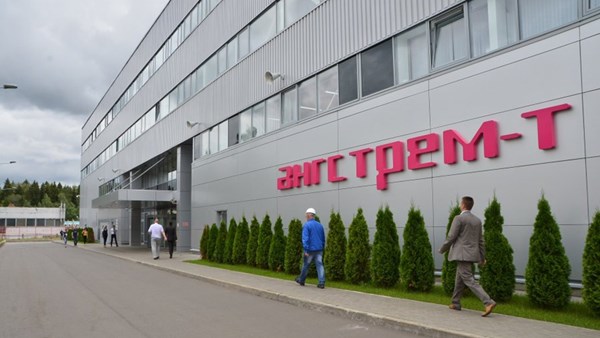Sanctions devastate major Russian hi-tech project
One of the largest hi-tech development projects in Russia, initiated by the government and the Security Council, has come to ruin due to sanctions.
The Angstrem-T microchip plant, which belongs to former Communications Minister Leonid Reiman and has received $1 billion in state financing, is close to bankruptcy.
The company, which received an €815 million credit line from Vnesheconombank (VEB) in 2008 to build a factory in Zelenograd, has not yet even begun repaying the loan. Reuters reports that in the next few months VEB will repossess the factory and become a majority shareholder.
The factory’s inability to repay its debts is partially connected to sanctions, Reiman explains: in 2014, the US prohibited the export of dual-use technologies to Russia due to Russia’s annexation of Crimea and its support of the separatists in eastern Ukraine. In 2016, Angstrem-T and a number of other micro-electronics companies from Russia were placed under US sanctions.
The project, which was initiated by Russian President Vladimir Putin and was supposed to produce chips for processors, smart cards, electronic passports and visas, relied primarily on American technologies.
Angstrem-T originally bought equipment from Advanced Micro Devices and chip-production licenses from IBM, but increased tension between Russia and the US ruined all chances of collaboration with American companies.
By the end of 2017, the company’s total debt had reached 87.4 billion rubles, whereas its revenue was only 101 million rubles and its net loss exceeded 10 billion.
However, sanctions were not the factory’s only problem. It took nearly 10 years to build, and was outdated from the moment it was launched, a source in the microelectronics market told Reuters.
“The market for the 90-130 nanometer chips which Angstrem-T produces has declined significantly in recent years, and so the factory cannot operate at full capacity – there is no demand for these chips in such quantities. All of the world’s microcircuit producers are already producing 45-65 nanometer chips and even smaller,” the source pointed out.
In July, Angstrem-T’s contractors took the factory to court for bankruptcy.
